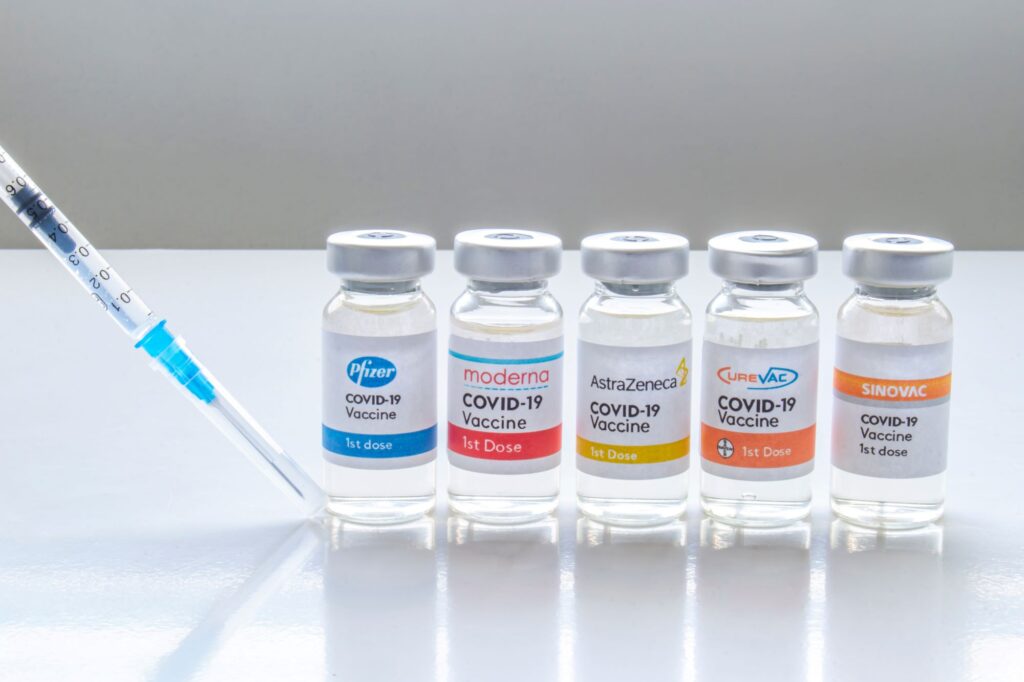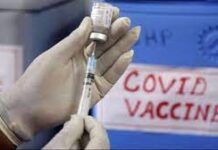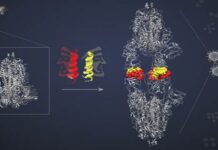
According to a new research published in The Lancet journal, the Pfizer vaccination is considerably less effective against the Delta version of Covid, which is prevalent in India, than the original strain of the coronavirus.
The antibody response to variations is even lower in persons who have only received one dosage, and the data suggest that a longer gap between treatments might dramatically reduce antibodies against the Delta variation.
After a single dose of Pfizer, 79% of patients showed a measurable neutralizing antibody response against the original strain, but this dropped to 50% for the B.1.1.7 or Alpha variation, 32% for the Delta variant, and 25% for the B.1.351 or Beta variation identified in South Africa.
The researchers emphasize the need of maintaining strong vaccination protection in order to keep as many patients out of the hospital as possible.
“Our findings show that the best approach to achieve this is to immediately administer second doses and boosters to people whose immunity may be insufficient against these novel variations,” explains Emma Wall, a UCLH Infectious Diseases specialist and Senior Clinical Research Fellow for the Legacy Project.
The proposal contradicts India’s recent decision to prolong the period between two Covishield doses from six to eight weeks to 12 to 16 weeks, citing research that showed the vaccine’s efficacy improved with time. Critics say the government is expanding the gap to relieve pressure on its immunization campaign, which has been hampered by a lack of doses and a restricted supply of vaccinations.
According to government sources, efficacy was much higher at 81.3 percent (60.3-91.2) after two doses given at a 12-week or longer interval, compared to 55.1 percent (33-69.9) when given fewer than six weeks apart, based on “available real-life evidence, mainly from the UK.” That research, on the other hand, was not based on the Delta variation.
The latest Lancet study, on the other hand, backs up the current UK plans to close the vaccine dose gap, finding that after just one dose of the Pfizer-BioNTech vaccine, people were less likely to develop antibody levels against the Delta variant than the previously dominant Alpha variant, which was first discovered in Kent.
According to Public Health England (PHE), scientists believe the Delta variety has surpassed the Alpha strain in the UK, and preliminary research shows the Delta strain may be associated with an “increased risk of hospitalization” as compared to the Alpha.
According to the Lancet, Pfizer-vaccination BioNTech’s generates five times fewer antibodies against the Delta variation than the original Covid strain.
According to the Lancet, the vaccination develops fewer antibodies as people become older, and the levels of antibodies diminish with time.
The team, lead by experts from the Francis Crick Institute in the United Kingdom, looked at antibodies in the blood of 250 healthy adults who had one or two doses of the Pfizer vaccine and were followed up on three months later. Antibodies that impede viral entrance into cells (known as “neutralizing antibodies”) were tested against five distinct viral types.








